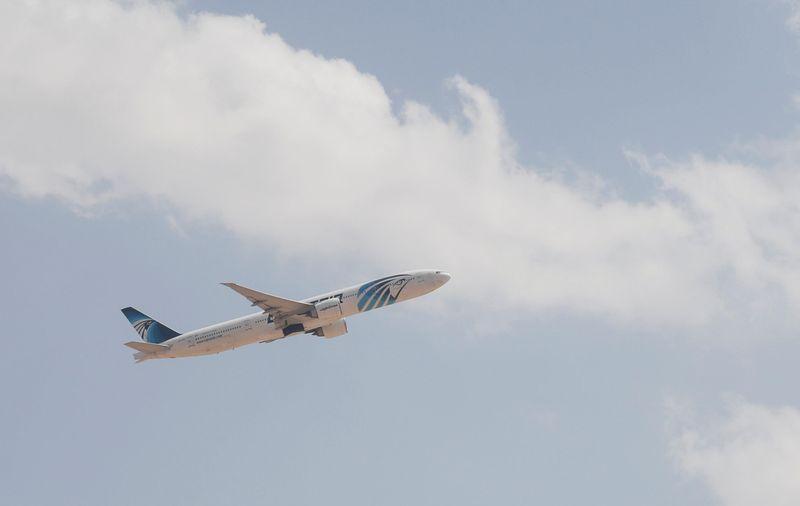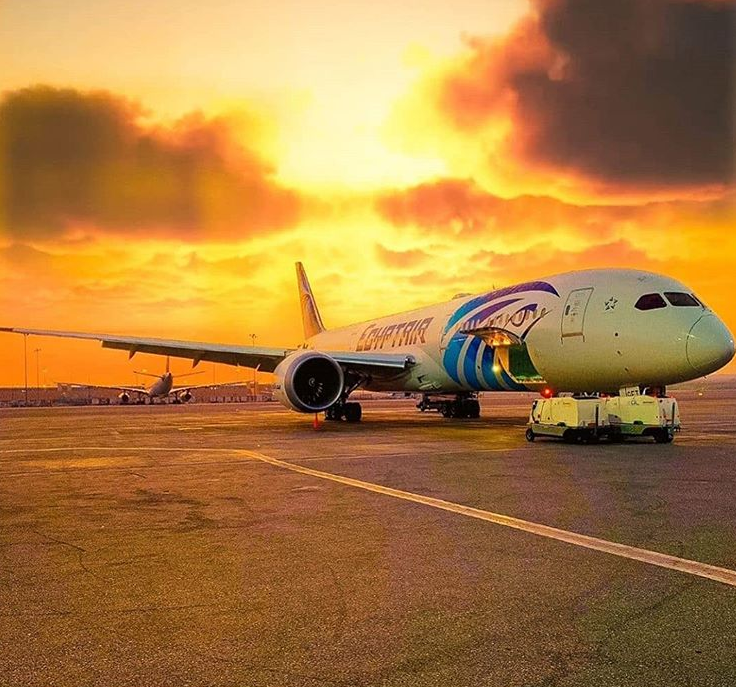Baghdad–Car bombs ripped through the oil-rich Iraqi city of Kirkuk on Wednesday, killing seven and wounding up to 80 people in the heart of a region of long-simmering ethnic tensions.
Three blasts struck outside the headquarters of the Kurdish intelligence forces known as the Asayish, on a highway and near a gas station in southern Kirkuk, located 290km north of Baghdad.
AP news footage showed police cars with blaring sirens racing to the Asayish headquarters as black and gray plumes of smoke rose from the first two attacks around 10 AM.
Minutes later, the third blast just down the street from the Asayish headquarters exploded near a taxicab and knocked people to the ground. The sounds of gunshots could be heard immediately after the last bombing.
Police Brig. Gen. Sarhat Qadir said seven were killed and up to 80 wounded in the explosions. He said the bomb along the highway targeted a police patrol led by a top commander, Col. Ahmed Shamerani, but he was not hurt in the blast.
Dr. Khalid Ahmed of Kirkuk emergency hospital confirmed the casualty count. Grocery owner Shakhwan Ahmed, 30, said the second blast shook his shop, sending fruit and boxes crashing to the ground.
"It was chaos–horrified people were running," said Ahmed, lamenting the attack after what he said was a nearly six-month lull in violence in Kirkuk. "There is no indication that there will be long-standing security in Iraq; there is always a security problem here. And terrorists are now telling us that they are coming back."
Kirkuk is the epicentre of ethnic tensions among Arabs, Kurds and Turkomen. The city also sits on top of one-third of Iraq's estimated US$11 trillion in oil reserves, and Arabs fear the Kurds want to annex Kirkuk to their northern autonomous region.
The regional tensions have stalled a long-awaited national census that would determine the real numbers of the country's religious and ethnic groups. But the count also could inflame the larger dispute over territory and oil between Iraq's central government and the semiautonomous Kurdish region in the north.
Central Statistics Authority spokesman Abdul-Zahra Hendawi said Wednesday the census is still stalled, which he blamed on "deep differences and mistrust" among Kirkuk's ethnic groups.
Last summer, Gen. Ray Odierno, who was then the top American military commander in Iraq, said UN peacekeeping forces may need to replace departing US troops in disputed region if the feud between Arabs and minority Kurds continues through 2011.
His comments underscored the fragility of the area's security–and the dangers if it is disrupted–although UN officials have not embraced his suggestion.
Earlier, two minor bombings that appeared to target police wounded six people in the Iraqi capital. The first blast wounded four outside the al-Ansar mosque in the Shiite neighborhood of Sadr City as a police patrol passed by. A few minutes later, the second bomb exploded on the nearby Mohammed al-Qasim highway.
Officials said two policemen who were on patrol were hurt. The police officials spoke on condition of anonymity because they were not authorized to release the information about the Baghdad blasts.
Violence across Iraq has dropped dramatically from just a few years ago, but bombings and shootings still occur almost every day.




